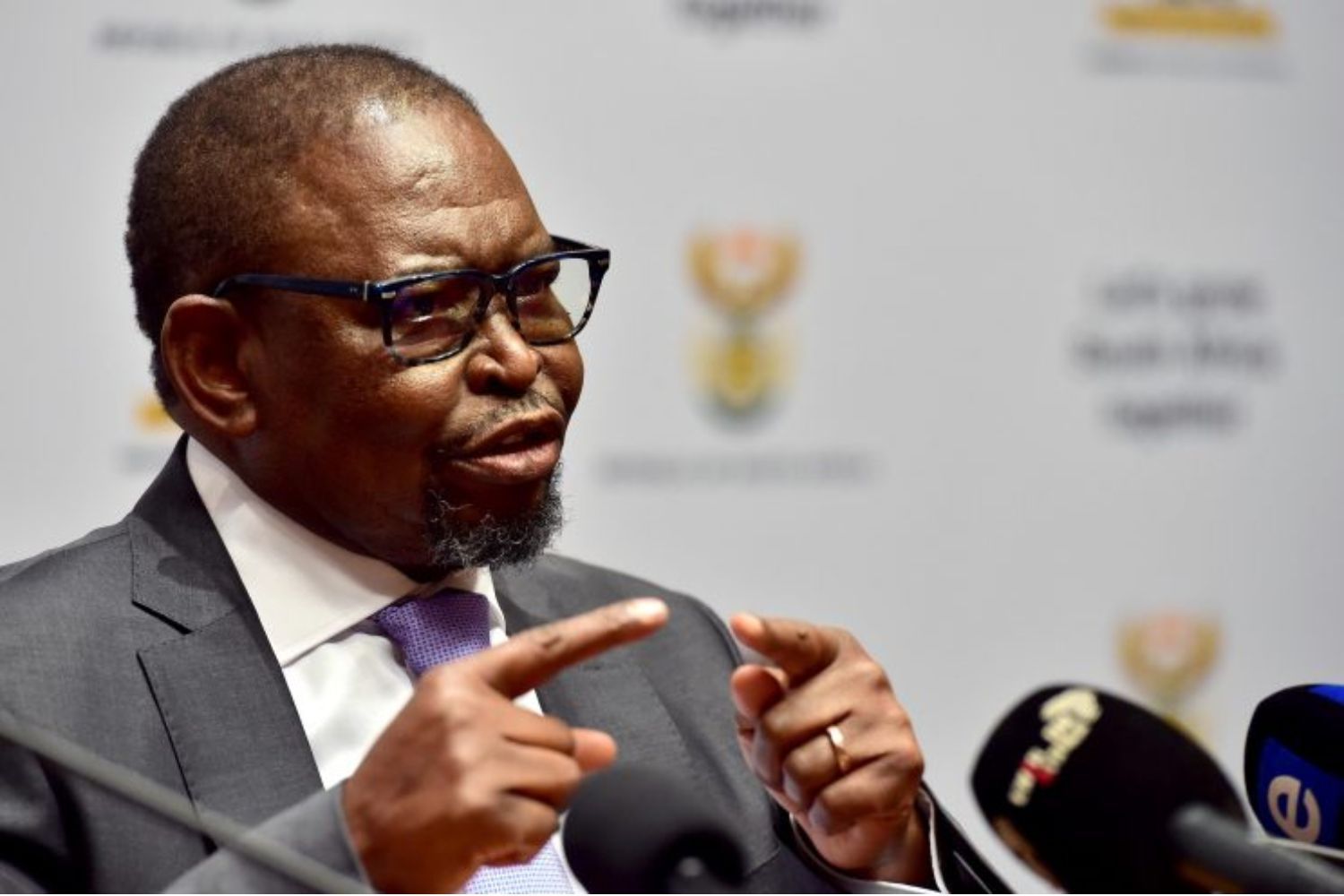Finance Minister Enoch Godongwana has delivered his 2023 Budget speech, with a major focus on tax, Eskom and infrastructure.
It was another balancing act for Godongwana as he explained the exact details around the Eskom debt relief as well as a renewable energy incentive.
He also placed emphasis on the social wage, tax relief totalling R13 billion in 2023/24 to support the clean energy transition, and the impact of consistently high fuel prices.
Budget speech reactions
The business sector expressed optimism around the new budget, labelling it a positive one.
Here is how some companies have reacted:
Frank Blackmore, lead economist at KPMG
“The budget was always going to have an infrastructure focus, mainly looking at Eskom and what will happen to the debt. And then also at other initiatives on spending in the infrastructure space, including on water and sanitation, as well as transport and logistics.
“Given the level of decay in all of those areas; the budget did not disappoint in this regard,” he said.
ALSO READ: 2023 Budget: Public servants to get R45.6 billion for wage increases
Blackmore said the budget was positive as it showed an intense infrastructure focus.
“Total spending of around 903 billion over the medium term is going to take place, a lot of this focused on state-owned companies. [We are seeing] an amount of R448 billion on transport and logistics to receive R351 billion of that over the medium term period. Water and sanitation [will receive] R132.5 billion on there, so that is really good,” he said.
Blackmore said that what was also good about the budget was that there were no major tax proposals in the budget based on a higher-than-expected revenue collection.
Tertia Jacobs, treasury economist at Investec
Jacobs said that 2023 offered much hope for the Eskom dilemma.
“The 2023 Budget has improved Eskom’s cash flows, allowing it to burn more diesel and confidently embark on its maintenance and fixed investment programme,” Jacobs explained.
She said that this was a good thing as it reduced some of the downside risks to GDP growth.
“Government has offered a staggered debt solution to deal with Eskom’s R423 billion debt burden over the next three years. This will consist of loans, to be converted into equity when conditions have been met, and a debt transfer in F25, totalling R254 billion,” she explained.
ALSO READ: Budget speech 2023: Combating climate change and energy crisis in SA
“This loan/equity, combined with the 18.65% tariff increase, will alleviate cash flow pressure on Eskom and finance maintenance, new capex and burn more diesel. The latter could lower load shedding by two stages if Eskom continues to use its OCGTs extensively,” she concluded.
Palesa Mabasa, business development head: SME funding at FNB
Mabasa believes that the finance minister offered good news for SMEs in the Budget speech.
“There were a few supportive measures that have been provided to navigate these challenging economic conditions,” she said.
“With the planned Eskom debt takeover, businesses are looking forward to having less load shedding as the resources which would have gone to servicing debt will now be used to focus on the maintenance of Eskom infrastructure.
“This will help SMEs to improve their bottom line as less load shedding means more revenue and less costs on running an alternative energy solution like a generator running off fuel,” she said.
She also said the changes to the scheme are welcomed as SMEs will be able to finance their solar power needs on the back of a government guarantee.
Carmen Nel, economist and macro strategist, Matrix Fund Managers
Nel told that the markets received the 2023 Budget positively, which was evident in a near-20 basis point (bp) rally in the benchmark 10-year yield and the 20c gain in the rand versus the dollar.
“While these are not exceptionally large moves, they do signal a positive stance or at least relief that the government has not changed tack on its fiscal strategy,” she said.
ALSO READ: 2023 budget speech: Civic organisations call on Godongwana not to reduce social spending
“Finance Minister Godongwana tabled the FY23/24 Budget in parliament amid heightened uncertainty about the fiscal trajectory, Eskom’s sustainability, and the pending Financial Action Task Force (FATF) grey-listing.
“Importantly, the direction laid out in the 2022 medium-term budget policy statement (MTBPS) in October last year was one of ongoing consolidation with a return to a primary budget surplus, which is revenue less non-interest expenditure.
“This budget follows through, with the consolidated budget deficit narrowing from an estimated 4.2% of GDP in FY23 to 3.2% in FY26. Encouragingly, the government is set to deliver a primary surplus of 0.1%/GDP a year earlier in FY23. A return to primary surpluses will contribute towards stabilising the debt ratio the medium term,” she said.
She concluded that the Treasury team delivered a positive budget with some creative accounting.
Itireleng Kubeka, managing director for tax & legal at Deloitte Africa
Revenue collection has provided a good base from which government can plan spending and has helped provide relief for consumers and businesses, but for the latter, this does not go far enough, Kubeka reckons.
“Deloitte notes that the relief given to business does not go far enough,” she said.
ALSO READ: 2023 National Budget: All about the tax
Kubeka’s colleague, Olebogeng Ramatlhodi, a director and indirect tax leader at Deloitte Africa, points to the extension of the diesel fuel rebate to businesses in the food manufacturing sector, arguing that the refund needs to be extended to other critical industries that are currently using diesel to counter the effects of load shedding, such as telecoms.
Citadel’s chief economist, Maarten Ackerman
Ackerman had mixed feelings about Godongwana’s budget.
“Whilst it is a good budget considering the situation we are in, there is significant downside risk ahead,” he said.
He added that while the 2023 budget brings some relief to cash-strapped citizens, new fiscal pressures brought on by the Eskom and the cost of living crises, as well as caps on taxes will likely put the country at risk of spiralling debt if real economic growth is not achieved this year



